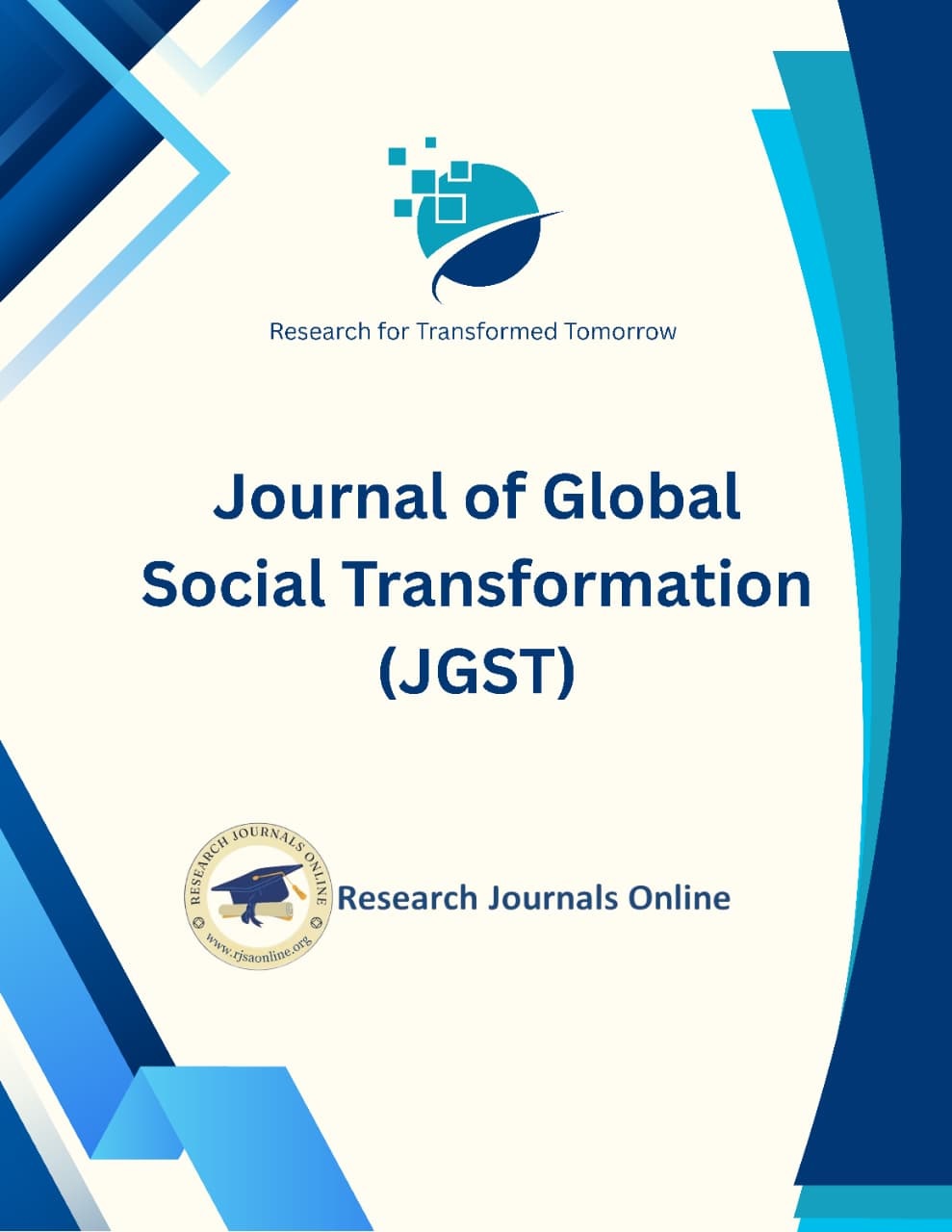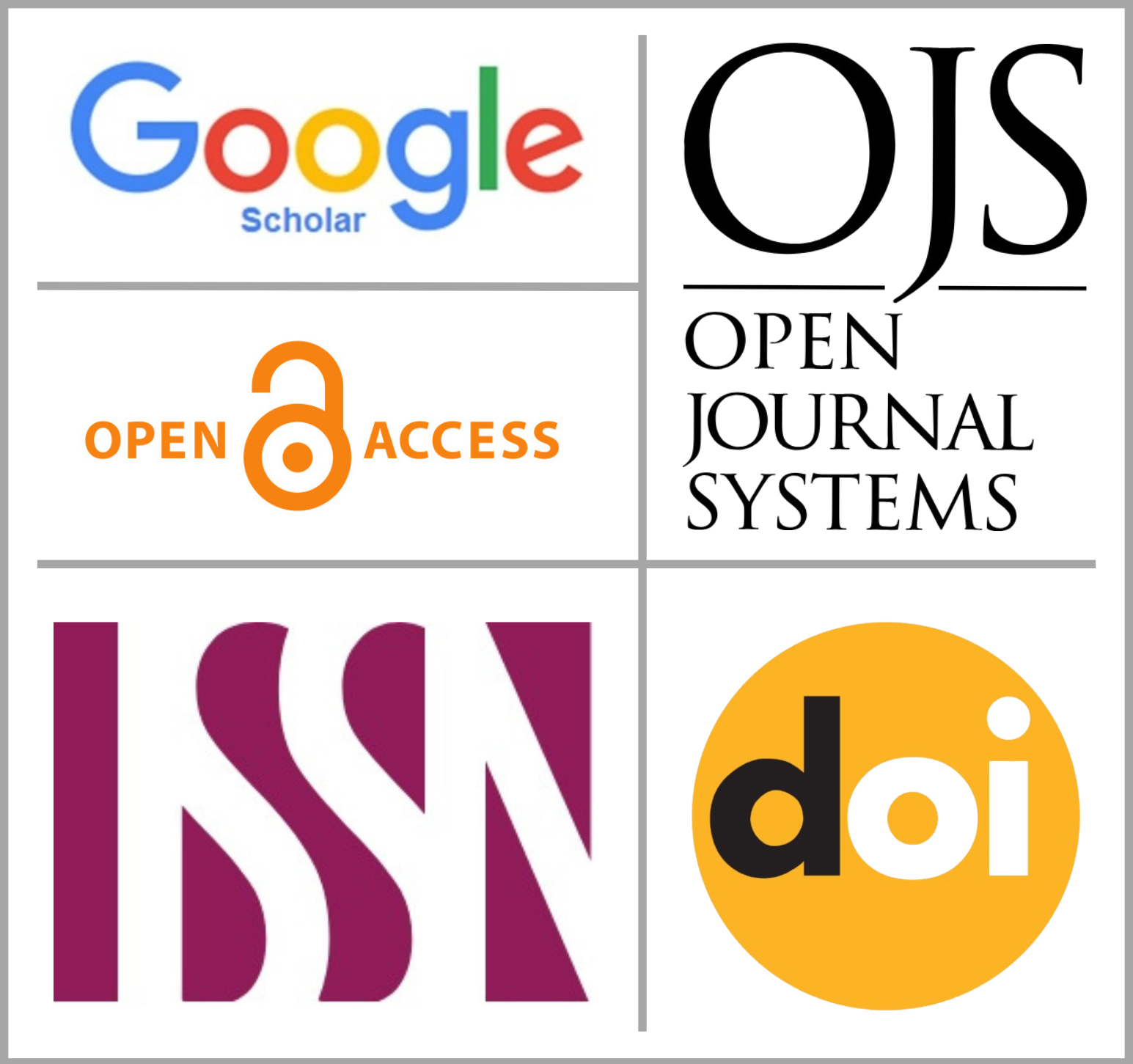Name of Journal: Journal of Global Social Transformation (JGST)
Journal Frequency: Quarterly
ISSN (E): 3106-7247
ISSN (P): 3106-7239
Language: English
Publisher: Research Journals Online (SMC-Private) Limited
Review Type: Peer-Reviewed
Area of Publication: Social Sciences, Development Studies, Sociology, Public Policy, Education, and Global Transformation Studies






